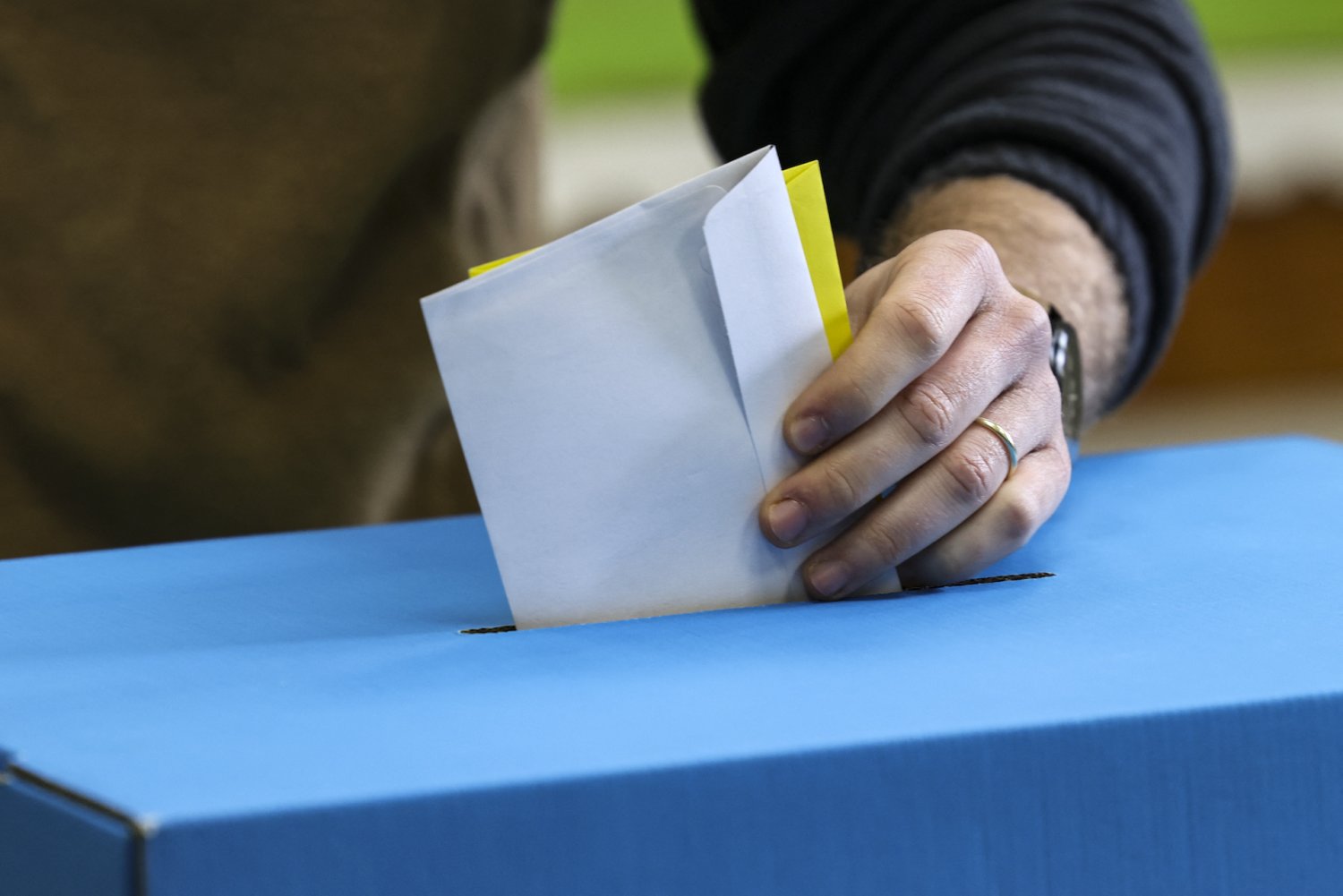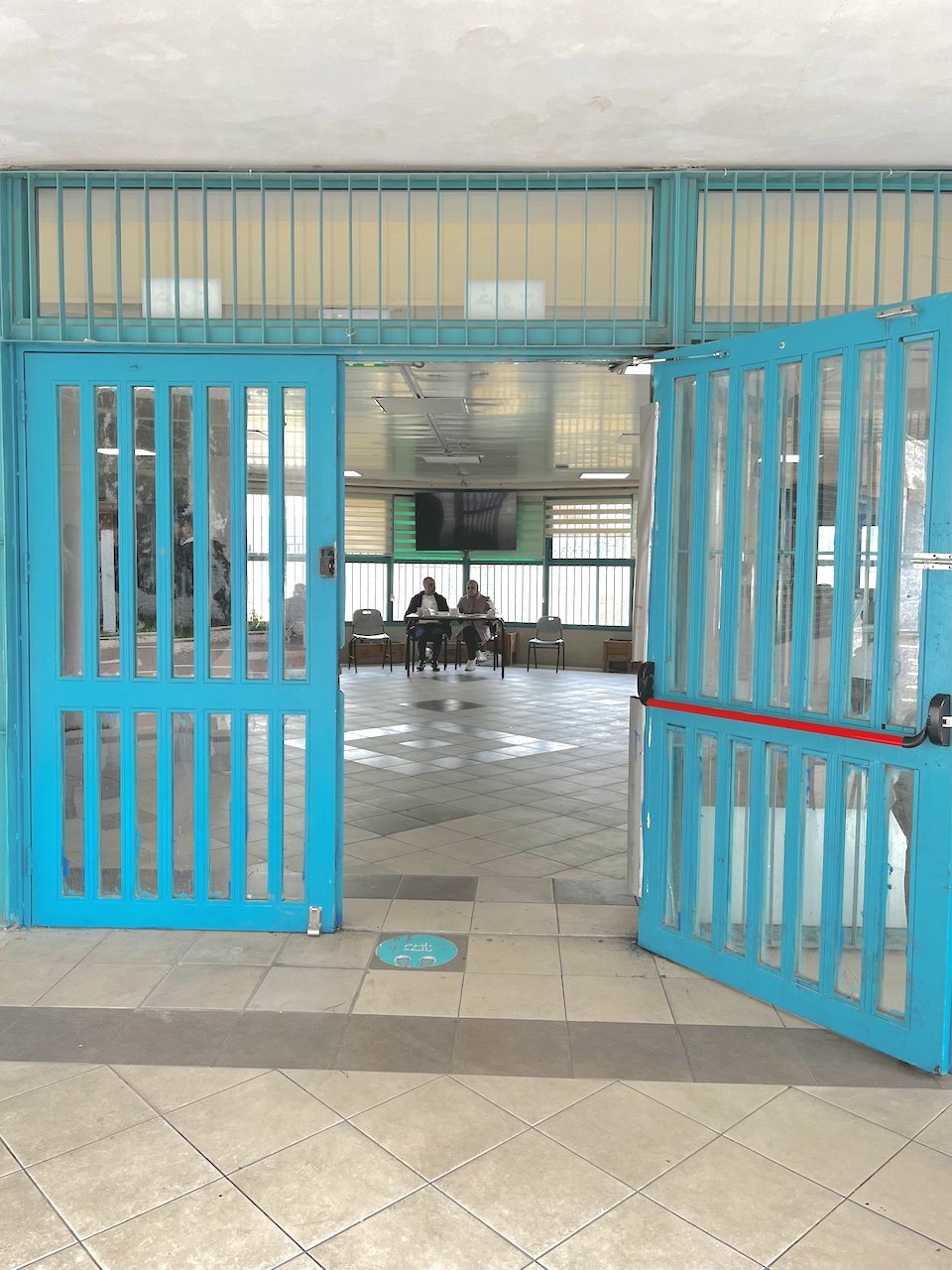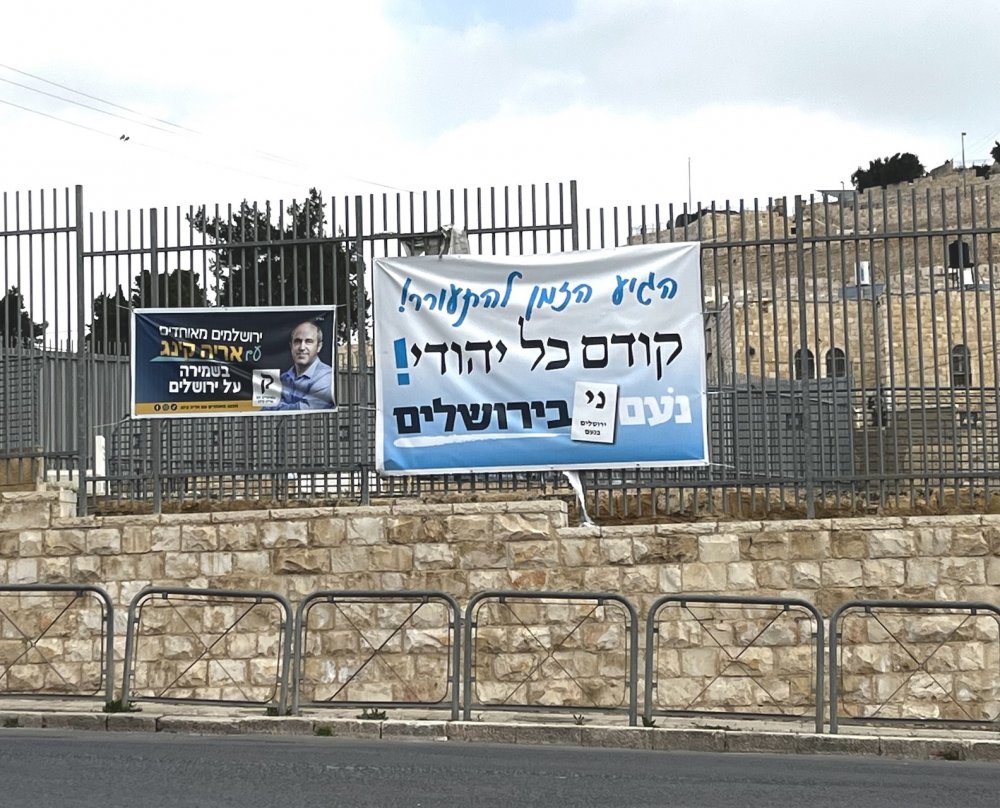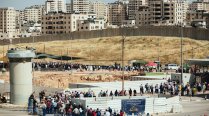The only list with Palestinian members, the Arab-Jewish list Kol Toshaveha headed by Palestinian citizen Sondos al-Hout, failed to win a single seat and received only a little over 2,000 votes, “most of which came from her Jewish supporters,”12 according to a short report in the Jerusalem Post. It’s not yet clear which neighborhoods those votes came from or what exact percentage of them was Palestinian versus Jewish.
It’s worth pointing out that the city had declined to set up any single polling station to serve the Palestinian neighborhoods beyond the Separation Wall, even though they are home to at least 150,000 Palestinians, an estimated one-third of all the Palestinians in the city (see Neighborhoods beyond the Wall). There was not even a polling station at the checkpoint. Since crossing the checkpoint these days can take hours, this effectively meant that one-third of the city’s Palestinians were not likely to even try, even had they been inclined to do so.
What is clear is that once again, the 40 percent (and likely higher)13 of Jerusalem who are Palestinians did not vote, and once again, they are left without any political representation (see Who Represents the Palestinians of Jerusalem?). Rather, they wholly reject participating in a political system that is so unfailingly designed to marginalize, exclude, and erase them.




